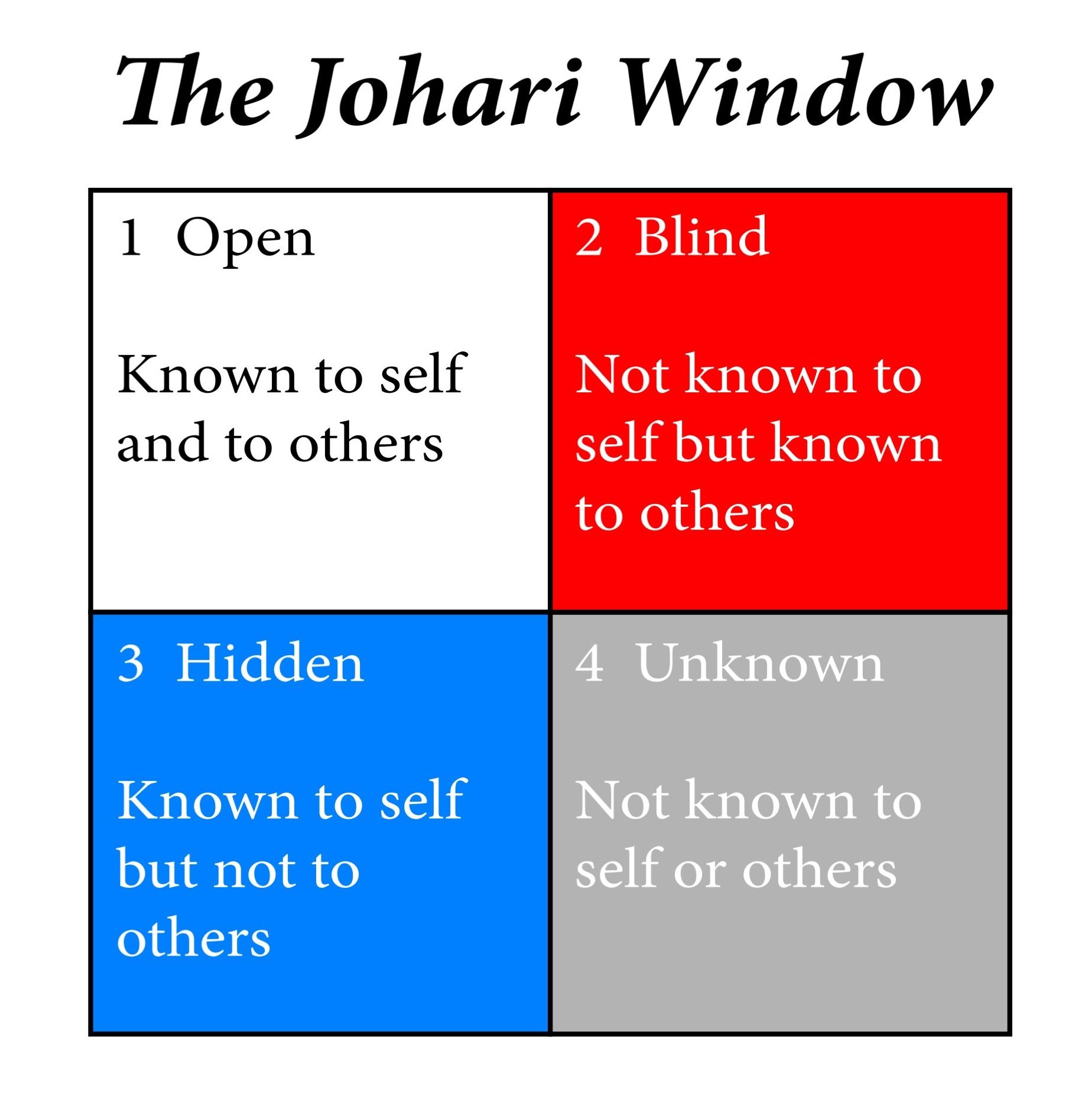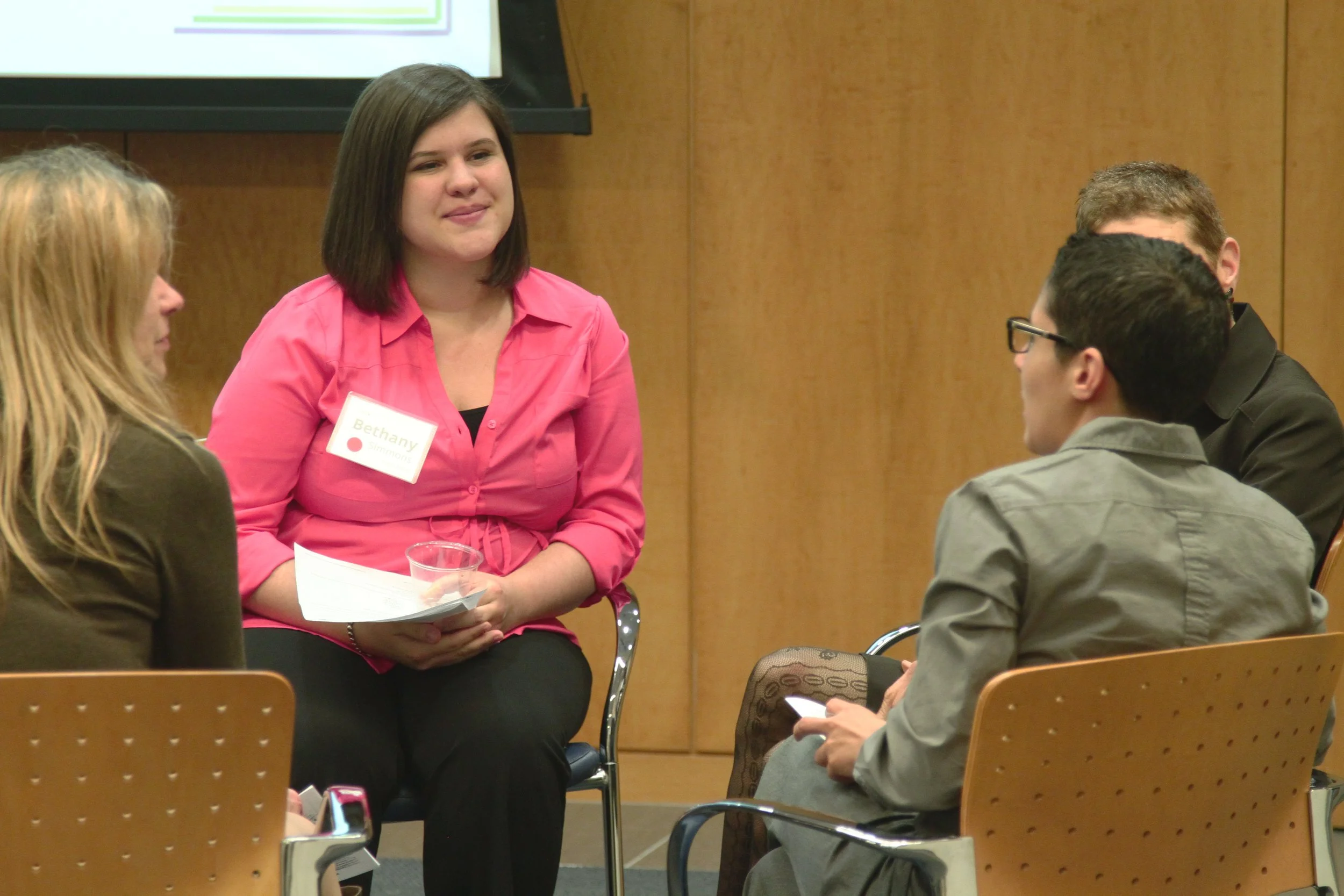I'm All Ears: The Two-Way Street of Workplace Feedback
What’s the most important thing we’re not engaging in with our colleagues? The answer, as 70 guests discovered at last Tuesday’s WAC Community Event, is right in front of our eyes, and relates to a segment of communication that most of us understand to be vital to progress, but which we steer clear of as to avoid soliciting controversy.
The Art of Feedback, presented by author, transformational coach and WAC specialist Deborah Howard, and hosted by Anchin, Block & Anchin LLP, has that answer wrapped up in its title. As employees of a firm at any job level, we all want feedback on our performance. Deborah reminded us that feedback from someone is a gift, as it can only be given or received, and yields desirable outcomes that could not have been acquired or achieved by our own means.
Still, somehow we tend to be stingy with our feedback; Collectively, one of our biggest workplace complaints is that we’re not receiving the feedback we need, not always acknowledging that we, ourselves, are guilty of clamming up when others could use some from us. The disconnect, as Deborah indicated, stems primarily from our lack of grace in receiving feedback. Many managers admit that they don’t like giving feedback since, in their experience, when the feedback is not all positive, the recipient can become defensive and resentful.
Clearly, the feedback problem cannot be solved on a grand social scale; the solution begins within the individual. No wonder so many bells seemed to be going off in heads following Deborah’s presentation, those grateful and intuitive participants coming away with the tools that will promise them a career full of constructive feedback, coming at them and from them. Here are some of Deborah’s most valuable lessons from the evening:
Open Joe & Harry’s Window
Deborah reminded us of the Johari Window exercise from a previous WAC event, and applied it fittingly to the exchange of feedback. In essence, there may be elements of our personalities that turn other people off, but that we are not aware of (being aggressive, talking over other people, acting judgmental). Being open to feedback will reveal these shortcomings to us and in turn, not only guide us to improve our behavior, but set the stage for more feedback to freely flow in our direction.
And Breathe In The Fresh A.I.R.
Now, let’s not forget the art of giving feedback, particularly in the sensitive realm of negative feedback. Simply remember Deborah’s brilliant “AIR” acronym, and you will be off and running. Firstly, always remember to critique someone’s specific Action, not the person as a whole (“you tend to talk over other people”). Then, be sure to describe the Impact that action has on others (“your habit interrupts the team”). Finally, make your Request for what you’d like the person to say/do differently (“please be conscious of your action and try to change it”). When delivered in this careful manner, you might be surprised how effective your feedback can be, and how open a seemingly untouchable person can become.
Lest We Forget….There is, of course, much more dimension and nuance to feedback exchange, and Deborah offered some helpful “Do’s” and “Don’ts”. A few favorites of mine include:
-Do be timely in giving feedback. Waiting two weeks to offer feedback that’s relevant today could diminish its impact.
-Don’t outsource the feedback by having someone else deliver it. This is not fair to the recipient, and threatens to create a triangle of animosity.
-Do feel free to request feedback when it’s been too long. Sit down with someone and say “I need to know where I’m doing well, and where I need to improve, so I can be a stronger part of the team”.
-Don’t be defensive or make excuses when receiving unsolicited feedback. Instead, listen objectively, and ask questions to be sure you understand the feedback.
Check back shortly to read the fascinating “Baby Steps” of the evening….those brief but poignant takeaways reported by the event’s attendees.






